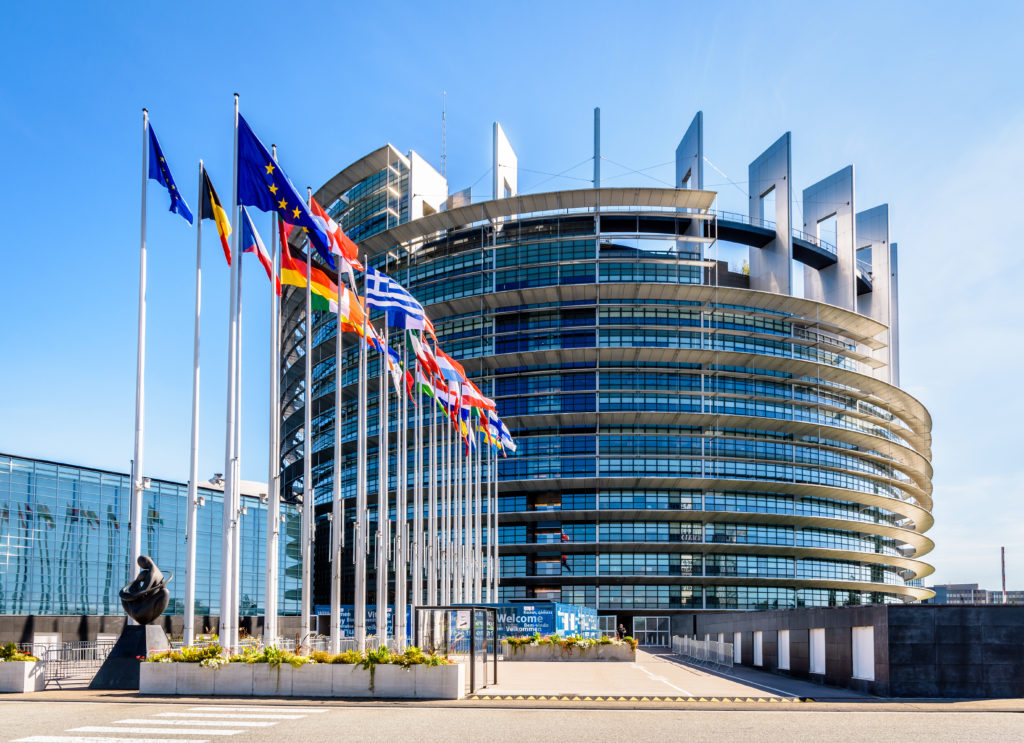Reuters | September 6, 2023

Entrance of the Louise Weiss building, inaugurated in 1999, the official seat of the European Parliament which houses the hemicycle for plenary sessions. Stock image.
European Union lawmakers will push for far greater recycling of waste in a new EU law to ensure the bloc has raw materials such as lithium, nickel and cobalt required for its green transition.

The industry committee of the European Parliament will vote on its position on Thursday on the Critical Raw Materials Act, a centrepiece of EU strategy to allow it to compete with the United States and China in making clean tech products.
The strategy would seek to reduce reliance on China, which dominates global processing of key minerals.
The committee has reached a broad consensus on a text that stresses the potential of processing waste and reducing demand for critical materials, such as by using alternatives and increasing efficiency.
The parliament text proposes the EU should raise recycling capacity by 10% for each of 16 “strategic raw materials” by 2030 and collect, sort and process 45% of each material contained in EU waste, subject to technical and economic feasibility.
The European Commission proposed in March that EU extraction of strategic raw materials, including copper and rare earths, should rise to 10% of EU annual consumption by 2030, recycling to 15% and processing to 40%.
The parliament text stresses that its recycling target would apply to each material.
The final law will follow negotiations between the parliament and EU countries, who agreed in June to raise the recycling and processing targets to 20% and 50% respectively and add aluminium to the list of essential minerals.
Negotiations should conclude by the end of the year.
The parliament also backed a 50% processing target, but did not propose upgrading aluminium. Bauxite, the principle aluminium ore, is on the Commission’s broader list of 34 “critical raw materials”.
For these, the EU foresees simpler permitting procedures, increased recycling and diversification of imports, but without specific targets.
(By Philip Blenkinsop; Editing by Christina Fincher)
No comments:
Post a Comment